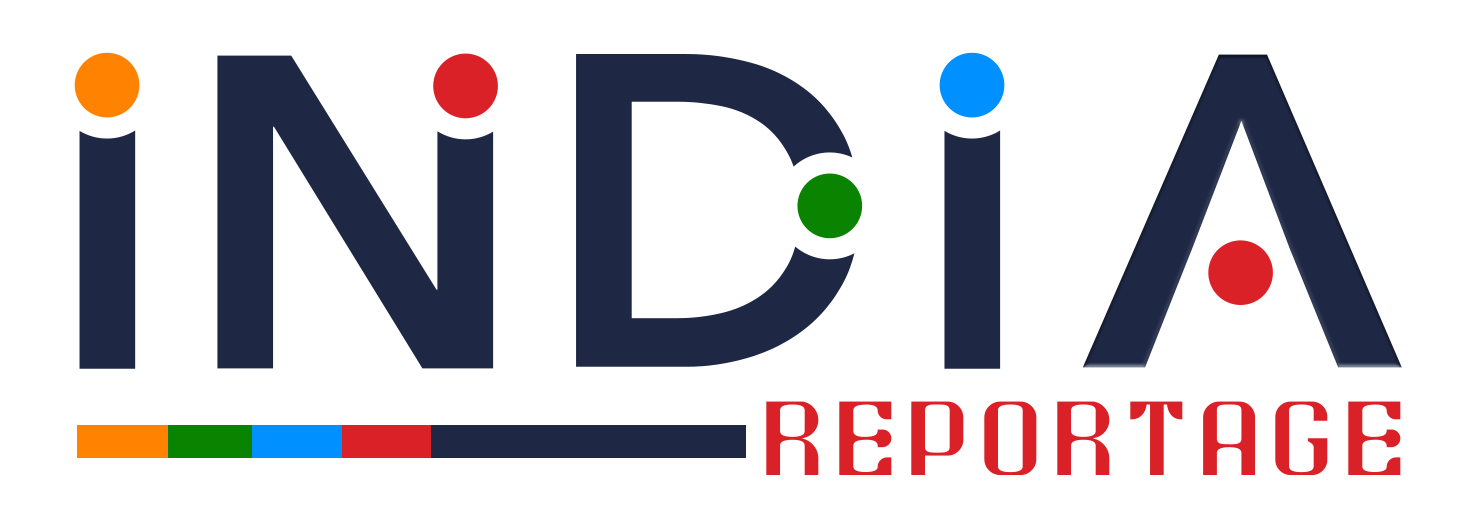A new study from UT Arlington shows that reminders can reverse the disabling components of age-related memory loss. It’s a major breakthrough in a quest for answers to cognitive challenges affecting older adults-especially when it comes to prospective memory. Prospective memory refers to remembering the things you intend to do at the appropriate time. Such as taking medication or going to the doctor.
“Prospective memory is a critical capacity for independent living across the lifespan,” said Hunter Ball, UTA associate professor of psychology and lead author of the study. He said not remembering these tasks can have dire consequences. Previous research shows that prospective memory decreases as people get older.
The research involved psychologists from UTA and Arizona State University-included two experiments. Researchers tested the prospective memory performance of young and older adults under various conditions with and without reminders. Participants were asked to remember certain tasks during the execution of other activities. The researchers measured performance in situations involving high load and those with low load.
In the first experiment, participants were asked to remember specific tasks, like responding to target words appearing. Some participants were given on-screen reminders. Results showed no age-related decline in prospective memory performance sans reminders under low-load conditions. However, both younger and older adults benefited under high-load conditions from the use of reminders. This is indicative that reminders reduce the amount of cognitive strain. Because memory retrieval then becomes less dependent on internal memory processes.
The second experiment involved more complex, nonspecific tasks, such as category identification. In such tasks, older adults performed poorly under high memory load without reminders. These age-related differences in performance disappeared when the reminders were available. This finding underlines how reminders can counteract deficits related to cognitively demanding activities of everyday life that often challenge older adults’ memories.
Ball et al. suggest that cues are effective for older adults. Because they look at reminders more often when there is a high cognitive demand. This way, they can stay one step ahead of the task that would normally be too demanding on memory.
The implications of the study go well beyond the laboratory. Prospective memory is important in everyday living, and with increasing age, practical solutions for the problems in memory become highly relevant. According to the authors, helpful digital tools, include but not limited to smartphone apps and personal assistants. Such as Amazon Alexa, or even just simple reminder notes, can very well support older adults in their daily task management.
According to Ball, “This study shows that reminders, such as those on cell phone calendars, can reduce the rate of memory decline”. The results easily generalize to real life and offer practical ways to reduce the burdens of prospective memory in everyday situations.
ANI


